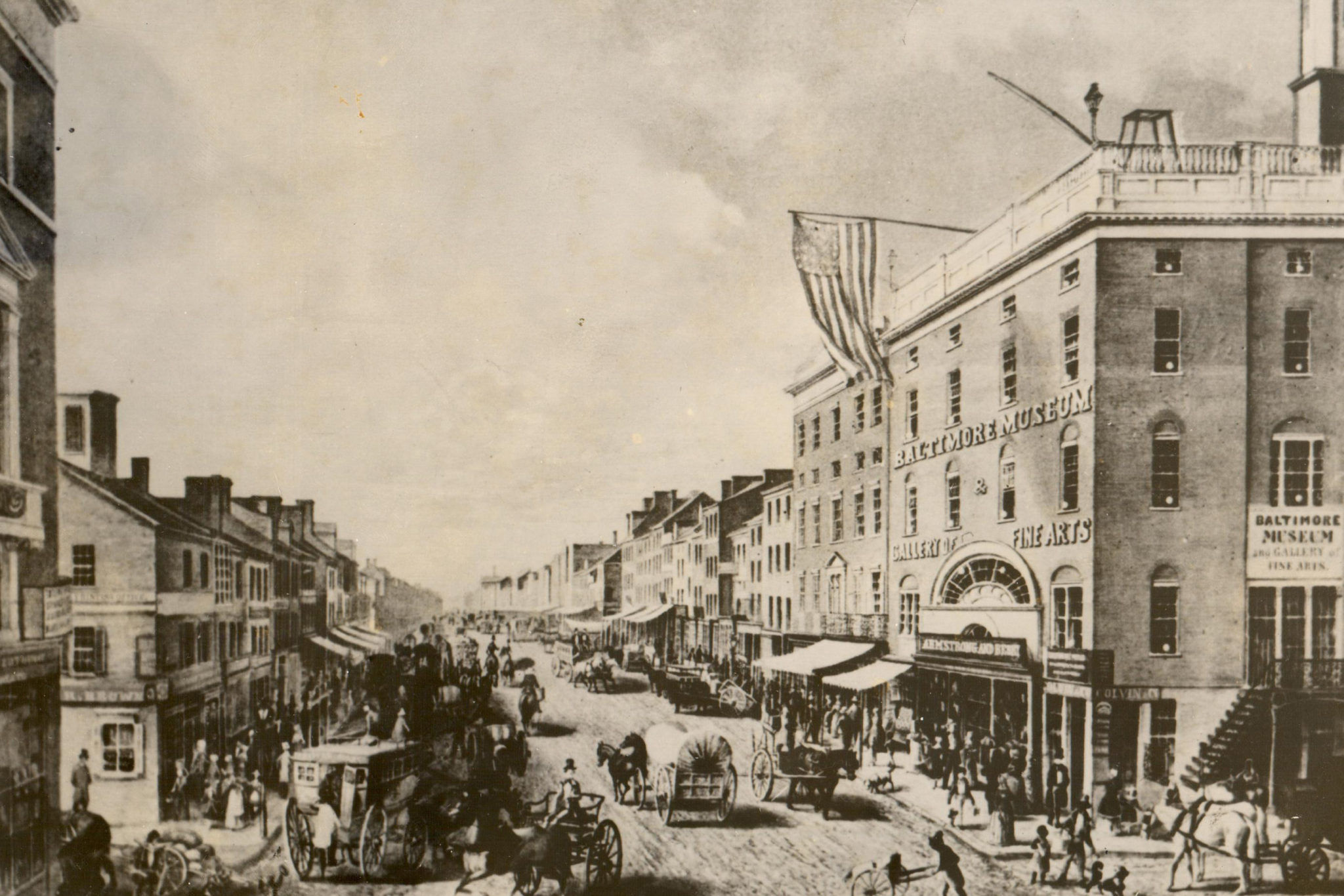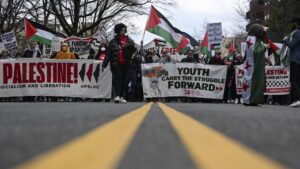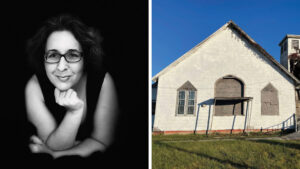At the dawn of the Civil War, Baltimore’s Jewish community largely consisted of immigrant strivers. They wanted to get ahead in the New World and fit in. But how to fit into a society that’s being severely torn apart by the burning, polarizing issues of slavery and secession?
Most American Jews of that period tended to side with the majority wherever they lived — Northern Jews were pro-Union and Southern Jews supported secession.
But Baltimore was a border city. Located in a slave-owning state just below the Mason-Dixon Line, its citizens were especially divided. While some Jews enthusiastically adopted a Union or Confederate stance, most strove to find middle ground.
The public statements of the city’s four rabbis — and their congregants’ responses — help reveal how Jewish Baltimoreans faced this most divisive time in American history.
As the nation veered toward war, President James Buchanan designated Jan. 4, 1861, as a national day of fasting and prayer. That day, clergy across the country spoke about the conflict from their pulpits.
Baltimore’s leading Orthodox clergyman, Rabbi Dr. Bernard Illowy of Baltimore Hebrew Congregation, defended the status quo. Noting that slavery was accepted in the Torah, he blamed the conflict on abolitionists who “under cover of religion … have thrown the country into a general state of confusion.”
Going even further, he openly sympathized with the secessionists. “Who can blame our brethren of the South for seceding from a society whose government cannot, or will not, protect their property, rights and privileges?” he queried.
The next week, firebrand Reform Rabbi David Einhorn of Har Sinai Congregation published a scathing attack on the rabbinical defense of slavery, proclaiming, “The question simply is: Is slavery a moral evil or not?”
Rabbi Einhorn insisted that Scripture did not condone it: a book that asserts that “all human beings are descended from the same human parents, can never approve of slavery.” Like polygamy, slavery was “merely tolerated” in the Bible as “an existing deeply rooted social condition.”
As for those who opposed abolition because it caused turmoil and discord, Jews, he said, must never compromise “the spotless morality of the Mosaic principles … for the fleeting wavering favor of the moment.”
However, Rabbi Einhorn’s abolitionist stance went too far for most Baltimore Jews. After his missive appeared in his newspaper, Sinai, they quickly organized an “indignation meeting” to make clear to their largely pro-slavery fellow Baltimoreans that the rabbi in no way represented local Jewish opinion.
A few months later, a pro-slavery mob attacked Rabbi Einhorn’s newspaper office, forcing him to flee to Philadelphia with his family. His congregants encouraged him to return, but suggested that “it would be highly desirable — both for your own safety’s sake and in consideration of the congregation — if in the future the pulpit sermons should avoid touching on exciting problems of the day.”
Rabbi Einhorn promptly resigned, never to return.
But if Baltimore Jews shied away from Rabbi Einhorn’s abolitionism, neither were they comfortable with Rabbi Illowy’s justification of secession, which threatened to bring chaos to the nation.
The city’s two other rabbis — who, not coincidentally, advocated moderation in the religious conflict between Orthodoxy and Reform — aimed for neutrality in the conflict between North and South, favoring neither slavery nor abolition.
Temple Oheb Shalom’s Rabbi Benjamin Szold — father of the future Zionist leader Henrietta Szold — based his position on universal religious themes, emphasizing the ideals of peace and reconciliation, and praying that like Joseph and his brothers in the Bible, the states of the Union would be “reconciled and reunited in love and good faith.”
Rabbi Dr. Henry Hochheimer of the Fells Point Hebrew Friendship Congregation called on immigrant Jews to pray for the Union that had delivered them from a “mournful past,” reminding them that “this is the land that gave us freedom as a birthright, liberty as a just claim, and equality as the inalienable privilege of humanity.”
Rabbis Szold and Hochheimer probably spoke for most Baltimore Jews in expressing their love for the Union, their dread of conflict, and their unwillingness to take a stand on the issue that divided the nation.
But slavery could not be wished away; the time for compromise had passed. And the war came.
Deborah R. Weiner is co-author of “On Middle Ground: A History of the Jews of Baltimore,” to be published by Johns Hopkins University Press. She served for many years as research historian at the Jewish Museum of Maryland. She is currently working on a book on the history of Levindale.
Above: Baltimore street scene, shortly before the Civil War (file image)





